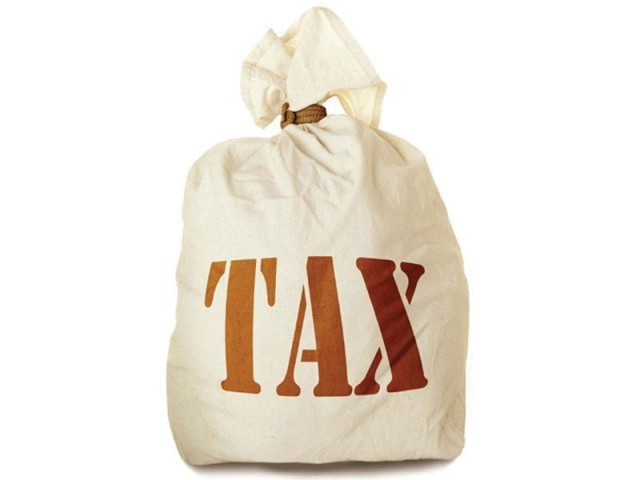Giving in to pressure from bureaucracy
Budget pay raise to mostly benefit higher cadres.

Budget pay raise to mostly benefit higher cadres. CREATIVE COMMONS
This phenomenon of the economic history seems to be continuing. When the PML-N government presented its first budget after 13 years, it kept salaries of government employees unchanged due to resource constraints. But after almost a week it caved in to the pressure from the powerful bureaucracy and announced a pay raise of 10%.
Though the government should have stuck to its stance for the sake of national interest, it unfortunately bowed and provided benefits to the bureaucrats and other powerful actors of the society.
Another decision in the budget was the increase in general sales tax rate by one percentage point to 17%. This is a regressive tax and the government is committed to collecting it despite its inflationary impact on people, particularly the poor.
This GST increase can be linked with the pay raise for government employees in the sense that the tax hike is expected to provide additional revenue of Rs60 billion compared to extra burden of Rs80-100 billion on the national exchequer following the 10% rise in salaries. In this way, the government will face a net loss of Rs20-40 billion.
Many government employees will get very little or nothing from the pay increase as lower-grade employees will receive less and pay more in terms of taxes. Other low-paid workers in the country’s workforce will only see a decline in their purchasing power.
However, high-grade officers of government and semi-government institutions would reap the dividends as they have a high pay structure. But the question arises, is it rational enough that to benefit a small section the entire population is pushed into the storm of inflation?
In the five-year tenure of the previous government, state employees won a total increase of 125% in their salaries. How much has the living standard of lower-grade employees got better? The answer would be in negation. On the other hand, the cost in terms of inflation has gone too high.
An objective of the social security framework is to increase the salaries of workers in such a way that they get something in real terms. However, we see that higher grades get more whereas lower cadres receive very little.
Inefficiency also prevails when benefits are provided but accountability is ignored.
It would be better that the salaries and pensions are increased equally, but the GST increase should be taken back. There are other avenues from where revenue can be collected and money saved to balance the national account.
The writer hosts business talk shows on FM 101 and Radio Pakistan and is pursuing M Phil in Economics
Published in The Express Tribune, July 1st, 2013.
Like Business on Facebook, follow @TribuneBiz on Twitter to stay informed and join in the conversation.


















COMMENTS
Comments are moderated and generally will be posted if they are on-topic and not abusive.
For more information, please see our Comments FAQ